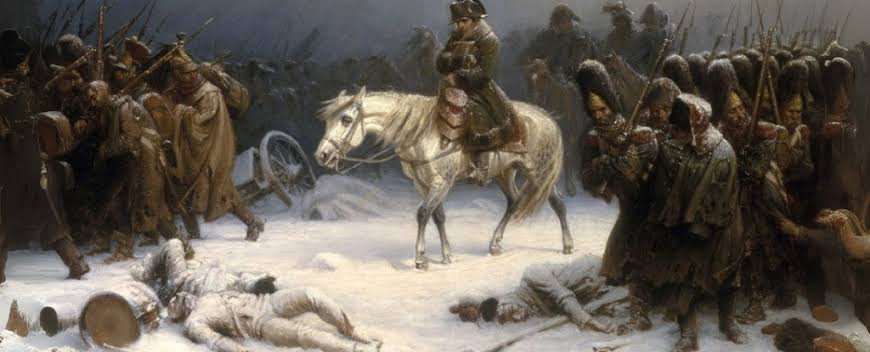Genetic evidence of paratyphoid and relapsing fever among Napoleon’s soldiers who retreated from Russia in 1812.Researchers at the Institut Pasteur have performed a genetic analysis of the remains of soldiers who took part in Napoleon’s retreat from Russia in 1812.
Their investigation uncovered traces of two infectious agents responsible for paratyphoid fever and relapsing fever, both consistent with the symptoms described in historical records. The findings were recently published in the journal Current Biology.
Napoleon’s 1812 invasion of Russia, often referred to as the “Patriotic War of 1812,” ended in a disastrous withdrawal of the French army.
Their goal was to uncover which pathogens might have triggered the large-scale disease outbreaks that compounded the army’s suffering.
The research team examined the DNA of 13 soldiers from Napoleon’s forces whose remains were uncovered in Vilnius, Lithuania, during 2002 excavations led by the Aix-Marseille University archeo-anthropology team. Using next-generation sequencing methods designed for ancient DNA, the scientists searched for and identified genetic evidence of possible infectious diseases that affected the troops during the fateful retreat.
Their research identified the genetic signatures of two infectious agents: Salmonella enterica subsp. enterica (serovar Paratyphi C), responsible for paratyphoid fever, and Borrelia recurrentis, responsible for relapsing fever, a disease transmitted by lice and characterized by bouts of fever followed by periods of remission.
Although these two diseases are different, they can result in similar symptoms such as high fever, fatigue and digestive problems, and their simultaneous presence may have contributed to the soldiers’ worsening state, especially as they were already weakened by cold, hunger and a lack of sanitation.







